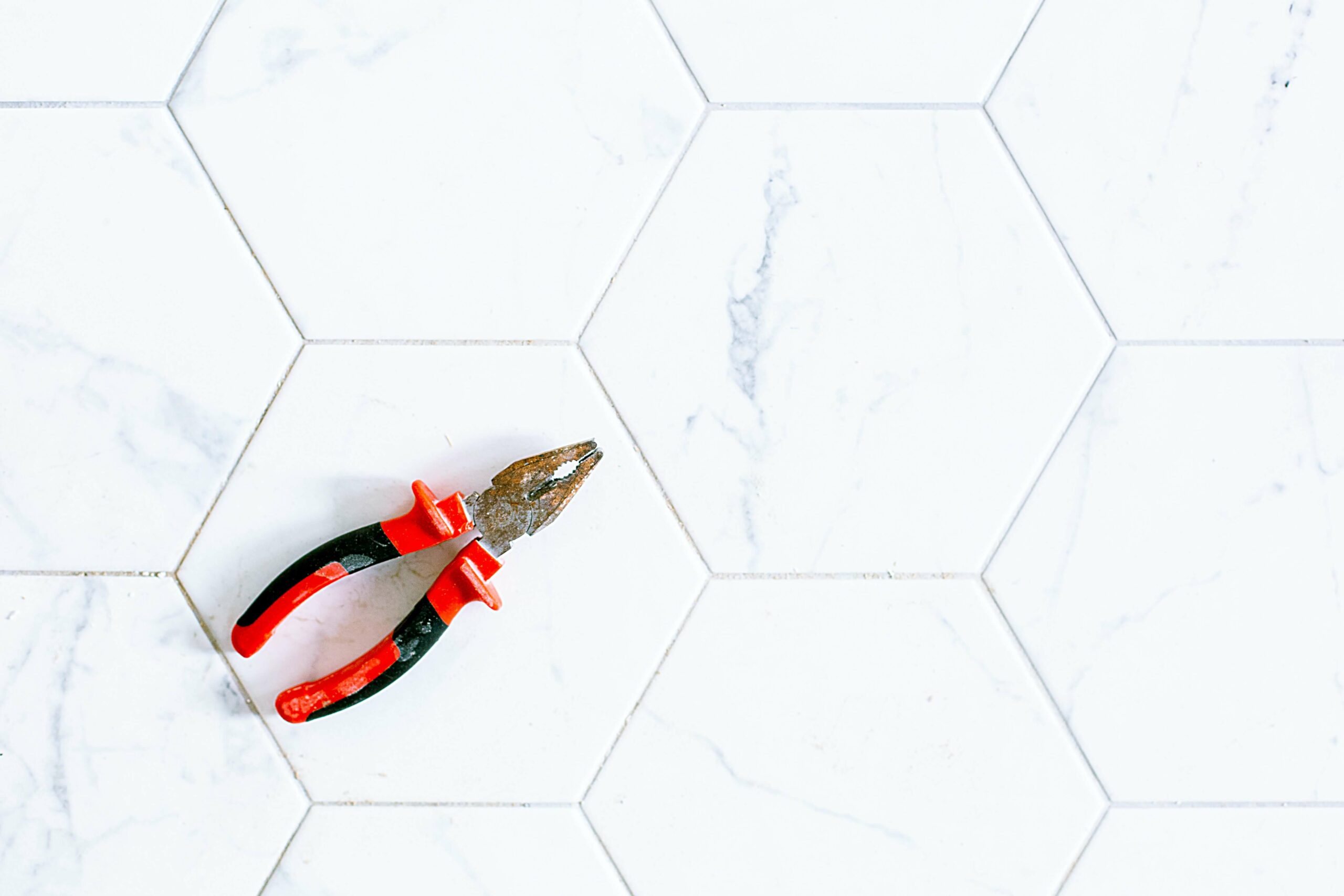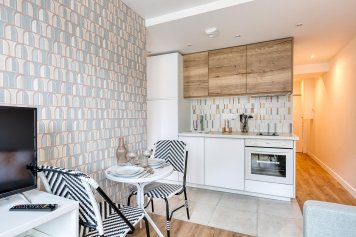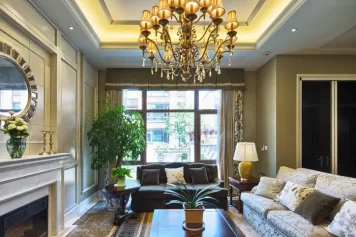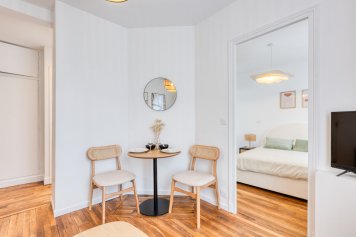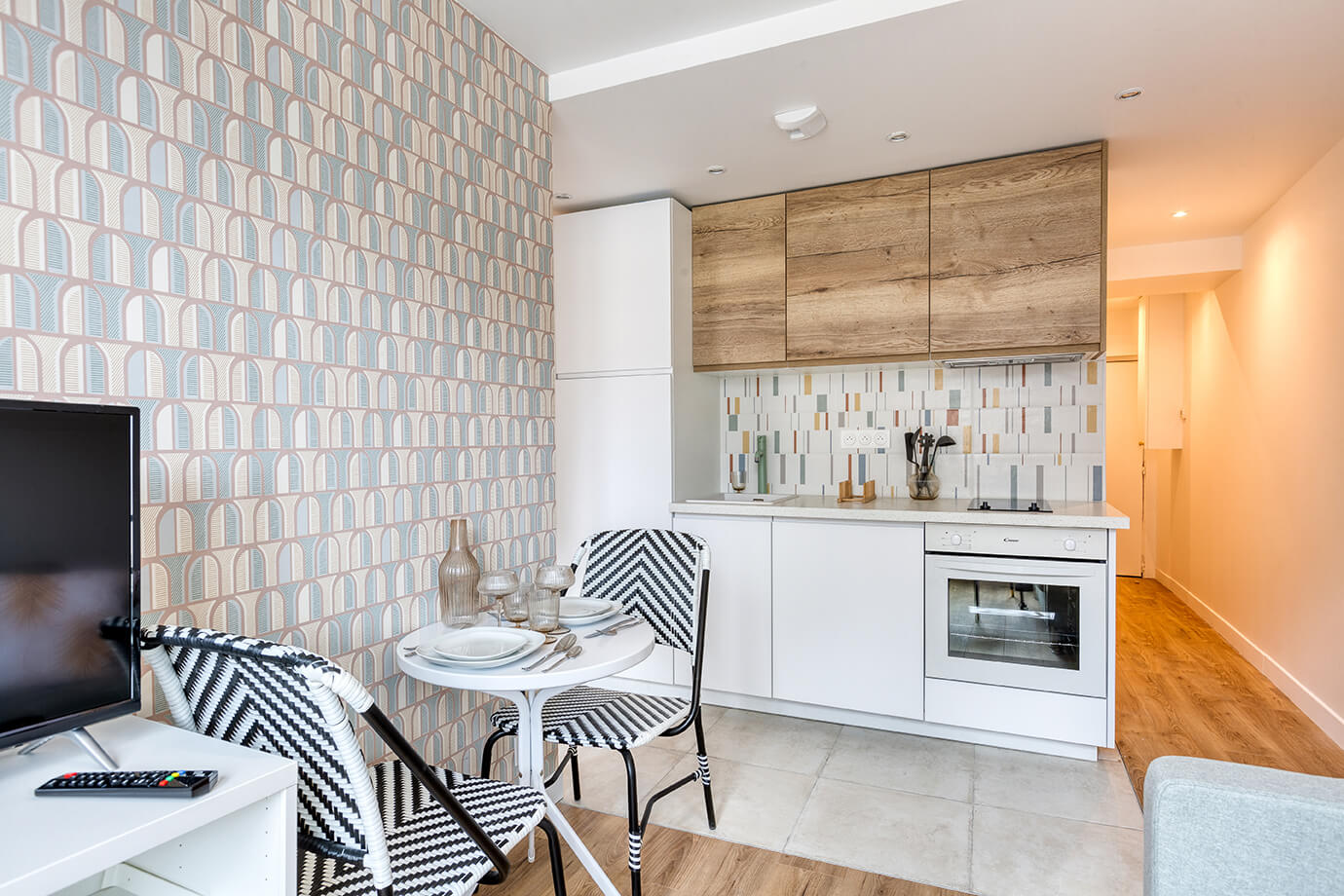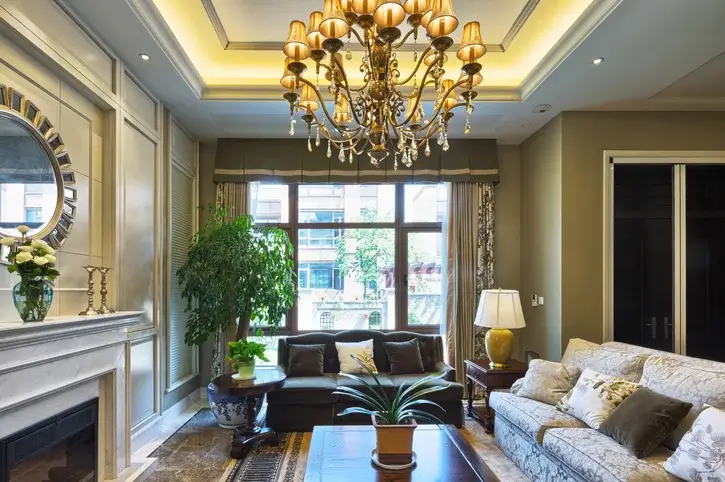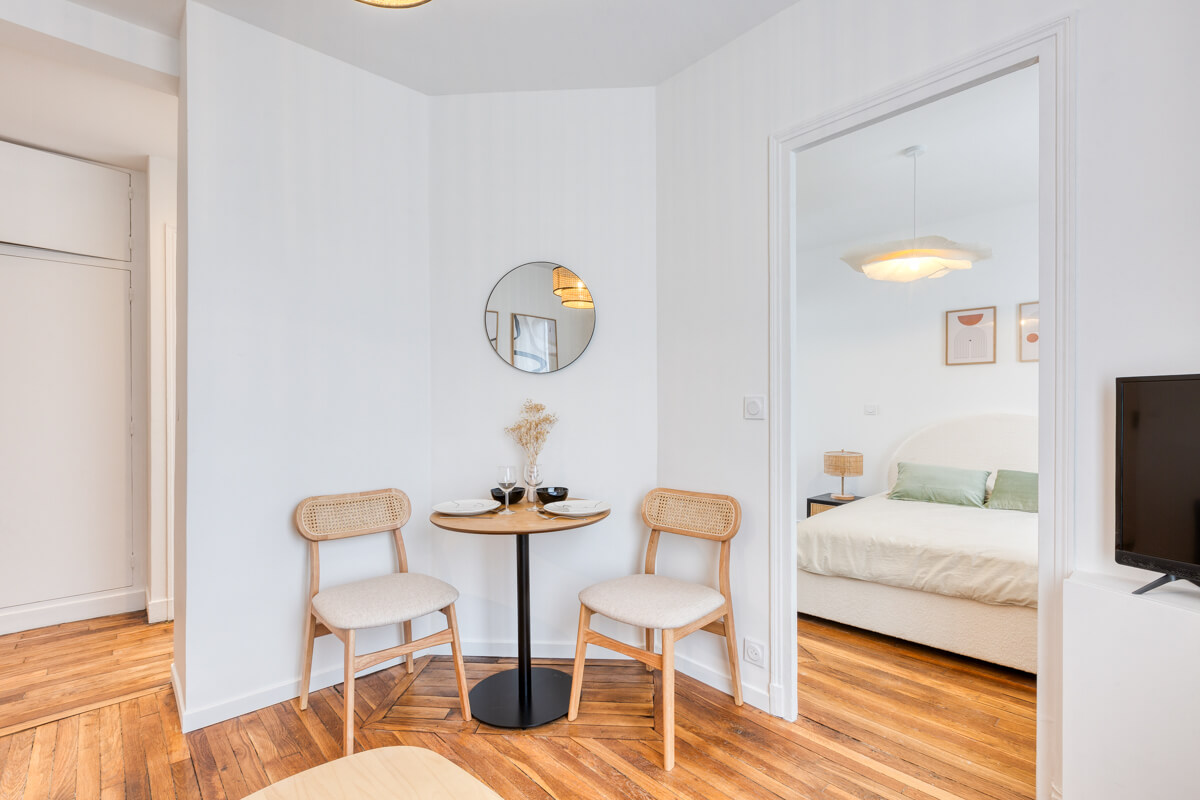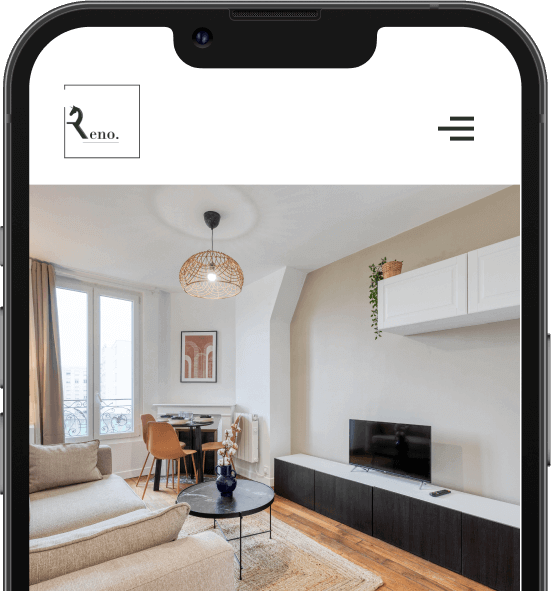Vous souhaitez rénover les revêtements de votre salle de bains ou de votre cuisine ? Opter pour du carrelage s’avère une solution d’aménagement idéale. Le carrelage constitue une valeur sûre grâce à sa facilité d’entretien, sa robustesse et son aspect esthétique. C’est également un revêtement qui se décline en différents types de matériaux, de formats, de motifs et de couleurs. Il égaye parfaitement l’intérieur des logements en tant qu’habillage et apporte aux pièces un charme authentique. Toutefois, le prix de la pose d’un carrelage varie en fonction de différents paramètres, parmi lesquels vous pouvez distinguer le matériau utilisé, la technique de pose ou la surface à carreler.
Les facteurs qui influent sur le prix de la pose d’un carrelage
La pose de carrelage est une prestation dont le prix n’est pas forcément le même d’un projet de rénovation à un autre. En effet, le coût final peut dépendre :
- Du matériau choisi,
- De la superficie à couvrir,
- Du type de pose,
- Du format des carreaux,
- De l’état du support,
- Du motif ou du sens de pose,
- Des finitions.
La configuration du logement peut aussi avoir une incidence sur le budget à prévoir pour les travaux de pose. Il faut savoir que l’installation d’un carrelage dans le séjour d’un appartement avec de nombreux angles peut obliger l’artisan à réaliser différentes recoupes. Par contre, la pose sera nettement plus facile dans celui d’une maison de plain-pied. Vous devez aussi tenir en compte que les prix de la pose d’un carrelage restent dégressifs. C’est une des raisons qui expliquent pourquoi il est intéressant de carreler plusieurs pièces en une seule fois. Évidemment, le montant de l’opération varie également en fonction du carreleur à qui vous confiez votre chantier et des autres travaux nécessaires à sa mise en œuvre.
Le coût du matériau sélectionné
Le type de carrelage à poser possède une influence non négligeable sur le prix de l’opération. Vous pouvez agrémenter votre maison d’un carrelage en grès cérame, en faïence, en pierre naturelle, en carreaux de ciment ou encore en terre cuite. Chaque type de matériau possède ses propres spécificités.
Le grès cérame
Le grès cérame constitue l’un des matériaux les plus utilisés en matière de carrelage. Il se distingue par son bon rapport qualité/prix, sa robustesse et sa facilité d’entretien. Pour l’entretenir, il suffit généralement d’utiliser de l’eau mélangée avec du liquide vaisselle. Ce produit est proposé dans un large éventail de coloris. Il a aussi l’avantage d’imiter d’autres types de matières, comme le béton, la pierre naturelle et le bois. Par ailleurs, vous pouvez le retrouver sous différentes variantes, possédant chacune ses propres caractéristiques.
Le grès cérame poli a une surface ayant été polie avec un disque de diamant. Cela lui permet d’arborer un aspect brillant. Toutefois, il doit faire l’objet d’un traitement spécifique afin de résister à l’humidité puisque ce produit reste relativement fragile. Le grès cérame émaillé constitue un matériau également fragile et arbore une couche d’émail décorative. Il a néanmoins l’avantage d’offrir un large choix de motifs et de couleurs. Quel que soit le grès cérame que vous choisissez pour l’aménagement de vos pièces, le prix au mètre carré (hors pose) varie entre 20 euros et 120 euros.
La faïence
La faïence est exclusivement destinée à la pose murale. Elle se décline en diverses couleurs et formes, et fournit un aspect brillant à vos revêtements. Bien que sensible aux chocs et aux taches, ce type de carrelage reste facile d’entretien puisqu’il se nettoie avec de l’eau savonneuse. Le prix hors pose du mètre carré de ce matériau varie entre 20 euros et 15 euros.
La pierre naturelle
La pierre naturelle utilisée en guise de carrelage est appréciée grâce à son côté noble, son authenticité et sa longévité. Toutefois, avec son poids assez conséquent, elle est principalement utilisée en rez-de-chaussée. Son prix est estimé entre 30 €/m2 et plus de 200 €/m2. Le montant varie principalement au regard du type et de la qualité de la pierre utilisée.
Par exemple, vous pouvez opter pour un carrelage en pierre calcaire qui se décline dans plusieurs couleurs naturelles (gris, beige, rose…). Bien que ce type de pierre soit sensible aux taches, il reste facile à entretenir. Hors pose, son prix au mètre carré avoisine les 40 euros à 100 euros.
Par contre, le travertin se distingue grâce à son aspect rustique et naturel. Toutefois, étant assez fragile, cette pierre doit subir un traitement contre les taches et l’humidité. Puis, elle nécessite un entretien régulier avec de l’eau savonneuse. Pour ce qui est de son prix hors pose, il est estimé entre 30 €/m2 et 60 €/m2.
De son côté, le granit est simple d’entretien (détergent non abrasif ou eau savonneuse), solide et disponible en différentes nuances très esthétiques. Son achat demande un investissement hors pose de 60 €/m2 à 200 €/m2.
Les carreaux de ciment
Les carreaux de ciment figurent parmi les matériaux les plus recherchés lorsqu’il est question de carrelage. Ils sont appréciés pour leur résistance et leur aspect esthétique. Se déclinant en différents motifs, ils s’adaptent aussi bien aux pièces humides qu’à celles qui sont sèches. Les carreaux de ciment doivent aussi subir un traitement annuel avec une solution à base de vernis, de cire ou de résine. Vous devez prévoir entre 35 €/m2 et 150 €/m2 pour l’acquisition de ce matériau.
La terre cuite
La terre cuite est un choix intéressant si vous recherchez un revêtement authentique et solide. Il est aussi choisi pour son large éventail de coloris, allant du pourpre au beige en passant par le rose. Ce type de carrelage a également l’avantage de se décliner en diverses formes (tomettes, pavés, briques ou carreaux). Toutefois, il reste sensible aux taches et à l’humidité, d’où l’importance d’un entretien régulier à l’huile de lin. Ce traitement lui permet de conserver ses propriétés et son aspect. Hors pose, le prix d’un carrelage en terre cuite varie entre 30 €/m2 et 100 €/m2.
La mosaïque
La mosaïque constitue une matière à base de terre cuite, de travertin, de pâte de verre ou de grès de petites dimensions. Elle s’adapte parfaitement aux crédences et aux sols de douche, et peut servir comme motif dans un carrelage classique. Le prix hors pose de la mosaïque avoisine les 40 €/m2 à 200 €/m2.
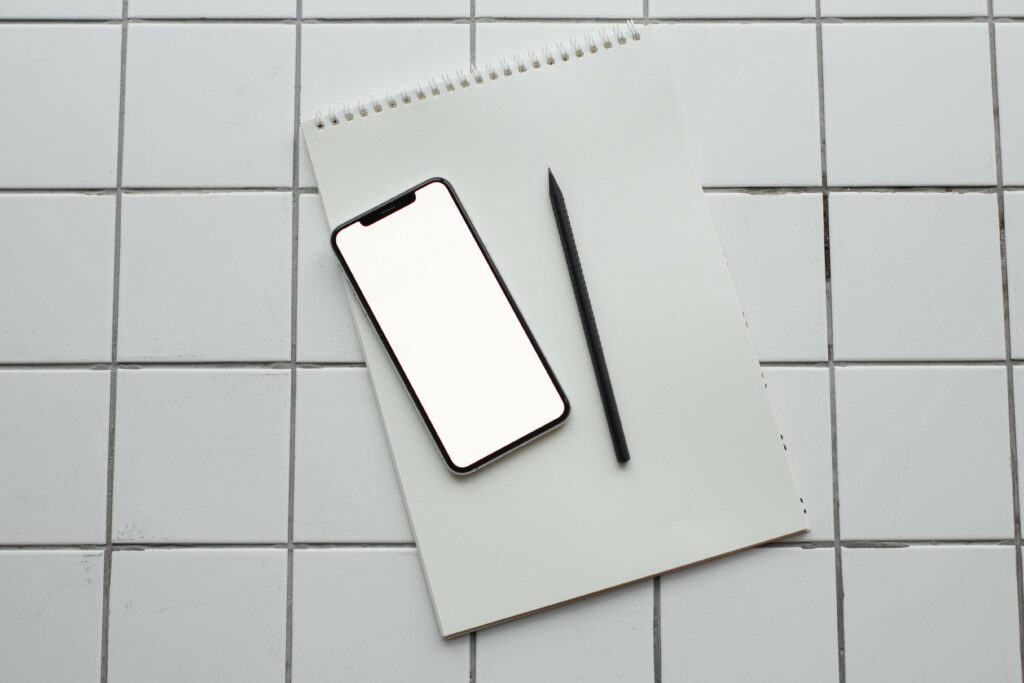
Vous n’êtes qu’à quelques clics de rénover votre logement
Le prix du carrelage par rapport à la superficie à carreler
De façon générale, la surface à couvrir a une grande incidence sur le budget nécessaire à la pose d’un carrelage. Plus celle-ci est grande, plus le prix augmente. Inversement, le tarif de l’installation d’un carrelage par un professionnel est dégressif dans la majeure partie des cas. Vous devez donc bien analyser les caractéristiques de votre projet et prendre en compte dans vos calculs les prestations d’un expert. Bien entendu, vous pouvez parfaitement songer à poser vous-même votre carrelage. Tout dépend de vos compétences et de votre capacité financière.
Le coût de l’installation des carreaux
Un des facteurs pouvant faire varier le prix de la pose d’un carrelage est la technique choisie pour la mise en œuvre. Le tarif variera principalement par rapport à la complexité d’exécution. La pose clipsée est la méthode la plus facile à réaliser. Les carreaux sont installés au sol, avant d’être clipsés les uns aux autres, ce qui évite l’ajout de joints. Toutefois, vous devez noter que les carrelages clipsables restent plus chers que les carrelages classiques. Il vous faudra prévoir entre 35 €/m2 et 40 €/m2 pour un parement de qualité. Puis, leur longévité et leur résistance aux chocs sont inférieures à celles d’un carrelage standard installé à l’aide d’un mortier ou d’une colle.
La pose collée est également facile à exécuter. Il suffit d’installer le revêtement sur une base préexistante (mur ou sol). Cette dernière peut être un plancher en bois, un ancien carrelage ou une chape de ciment brute. La surface de cette base devra être parfaitement saine, propre et plane afin de permettre l’opération. Dans le cas contraire, un ragréage sera nécessaire pour corriger les défauts du mur ou du sol. Pour effectuer une pose collée, vous devez prévoir entre 35 €/m2 et 60 €/m2.
La pose scellée constitue la méthode traditionnelle pour installer un carrelage. Cette opération demande la mise en place d’une chape de mortier (un mélange d’eau, de sable et de ciment) sur une chape de ciment sèche. Cette pose est conseillée dans les pièces humides et pour les sols irréguliers. Elle permet la correction des défauts constatés sur ces derniers. La pose scellée a également la particularité de ne s’appliquer qu’au sol. Toutefois, sa mise en œuvre exige des compétences techniques particulières. Cette complexité d’exécution fait que cette opération est la plus onéreuse. Vous devez compter entre 50 €/m2 et 80 €/m2.
Le prix du carrelage en fonction du format des carreaux
La taille des carreaux constitue également un facteur important à considérer lorsque vous voulez procéder à la pose d’un carrelage dans votre domicile. Plus ils sont d’une taille importante, plus leur manipulation devient délicate. Puis, si vous envisagez une pose collée, la quantité de colle à apposer sur ces carreaux sera plus importante. Ainsi, le prix moyen de l’installation des carrelages grand format est généralement plus élevé par rapport à celui d’un carrelage avec des dimensions standards.
Le coût de la pose par rapport à l’état du support à couvrir
L’état de l’espace à carreler joue un grand rôle dans le calcul des frais d’installation de votre carrelage. Cette opération demande généralement un revêtement d’appui à la fois propre, sain et plat. Si l’espace à couvrir ne répond pas à ces caractéristiques, il faudra réaliser un travail de préparation avant l’installation du carrelage. La nature de cette intervention peut différer d’un projet à un autre.
Un ragréage est généralement nécessaire sur les sols présentant des irrégularités. Les carreleurs doivent ainsi corriger les défauts constatés en vue d’obtenir une base parfaitement aplanie. Cette opération coûte entre 15 €/m2 et 35 €/m2.
Si la base à couvrir est humide, un séchage est à prévoir. Cela s’accompagnera d’un traitement hydrofuge. Le prix de cette intervention varie généralement entre 10 €/m2 et 20 €/m2. Par contre, dès lors que le sol laisse apparaître des traces de moisissure, l’application d’un produit spécifique est indispensable afin de les traiter. Ce traitement anti-moisissures coûte entre 10 €/m2 et 20 €/m2.
Il est à noter que l’installation d’un carrelage sur un carrelage existant est une opération particulière. Vous devez vous assurer que sa surface soit totalement aplanie. Les carreaux devront également adhérer parfaitement au support et être en bon état. Dans le cas contraire, la dépose de l’ancien carrelage est à prévoir avant l’installation du nouveau. Cette dépose génère des frais supplémentaires allant de 15 €/m2 à 25 €/m2.
Le prix de l’installation au regard du motif ou sens de pose
Les motifs et les sens de pose sont relativement nombreux. Certains d’entre eux s’avèrent plus chers par rapport à la pose classique, aussi appelée pose droite. Cette dernière permet l’alignement de carreaux de taille identique sur le long d’un mur. Il s’agit de la technique la moins onéreuse et la plus courante. Vous devez compter entre 30 €/m2 et 45 €/m2.
La pose « à joints contrariés » ou pose en décalé constitue une déclinaison de la pose classique. La différence avec cette dernière est que chacune des rangées de carreaux est décalée d’un tiers de carreau ou d’un demi-carreau par rapport à la rangée voisine. Étant plus complexe, cette technique exige un certain savoir-faire, et un investissement variant de 35 €/m2 à 55 €/m2.
Le coût des finitions
Les finitions et leur qualité peuvent avoir une grande incidence sur le coût final de l’installation d’un carrelage. Vous devez donc contrôler ce qui est proposé dans votre devis travaux dès lors que vous songez à le comparer avec d’autres.
Le prix au mètre carré à envisager pour un carrelage
Plusieurs facteurs conditionnent le coût final de la pose d’un carrelage. Le mieux est de réaliser l’addition des différentes prestations afin d’obtenir le montant global de l’opération. Cela inclut le coût de main-d’œuvre et celui de la fourniture en matériaux. Par exemple, le prix total d’une installation de carrelage peut être défini en additionnant le prix du revêtement, la dépose de l’ancien carrelage et le ragréage. À ceux-ci s’ajoute le tarif de pose par l’artisan carreleur, le coût des plinthes et le prix de pose de ces plinthes par le professionnel. Le devis n’est donc pas le même pour tous les carreleurs, sur chaque projet de rénovation de carrelage.

